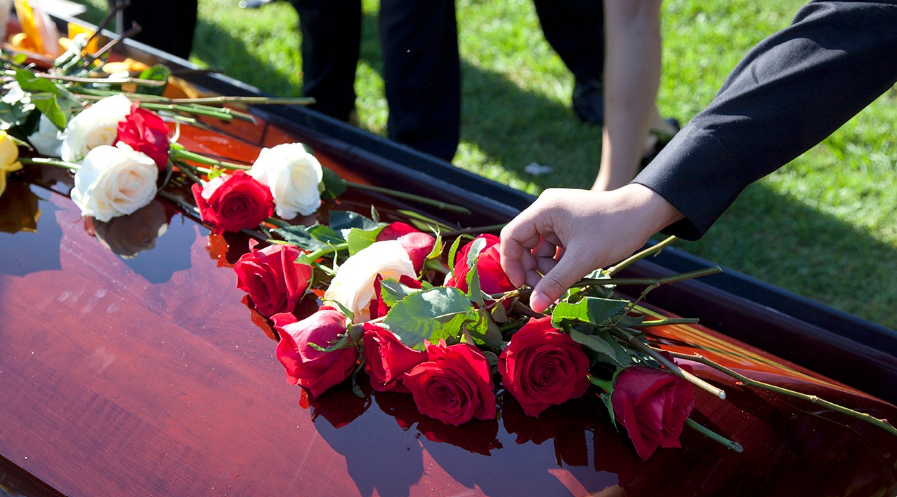Planning a funeral can be a daunting and emotionally taxing experience, compounded by the stress of navigating a myriad of costs and services. Understanding these costs upfront can help alleviate some of the stress by providing a clearer picture of what to expect financially.
According to data from the National Funeral Directors Association (NFDA), the average cost of a funeral can range between $7,000 and $9,200. This estimate doesn’t include additional cemetery fees such as the burial plot, headstone, and the costs for opening and closing the grave, which can push total expenses to $10,000 or more. These essential services often come with their own set of fees, termed “cash advances,” which cover goods and services the funeral home may purchase on your behalf.
Cost Breakdown
The total cost of a funeral can vary significantly based on the services selected.
Here is a typical breakdown of potential costs:
- Basic Service Fee: Approximately $2,200, covering overall service management by the funeral home.
- Transportation of Remains: Around $350 to transport the deceased to the funeral home.
- Embalming: Typically costs about $750, but it’s important to note that embalming is not always necessary, depending on the circumstances such as immediate cremation or the family’s choice not to have a viewing.
- Body Preparation: Costing around $255, this includes dressing, makeup, and hairstyling.
- Cremation Fee: About $350, though this does not include the costs associated with a viewing or a cremation casket.
- Viewing and Ceremony Fees: Using the funeral home facilities and staff for a viewing costs about $425, and the ceremony costs around $500.
- Transportation and Printed Materials: Transportation for the deceased (hearse or car service) ranges from $150 to $340, and printed materials like programs may cost around $175.
- Casket: Prices vary widely but expect to spend an average of $2,500, although less expensive options are available.
- Cremation Casket: If opting for cremation, this can cost around $1,200, with alternatives like rental caskets available.
- Urn: Typically around $295, though cheaper options can be found online.
- Vault or Grave Liner: While not always required, a burial vault averages $1,500 and helps prevent ground collapse.
Additional Costs
- Headstone and Funeral Plot: These are critical expenses not included in the funeral home’s charges and can vary significantly based on location and specifics.
- Cash Advances: These may include payments for flowers, officiant fees, and other miscellaneous expenses.
Regional Cost Variations
Funeral costs can also vary widely depending on your location. For instance, a funeral in Arizona might cost as little as $2,630, whereas in Washington, D.C., expenses could reach $13,000. The NFDA provides regional data that may help in estimating the potential costs in your area.
Planning and Questions to Ask
To manage funeral costs effectively:
- Inquire about all potential fees and services to ensure you are only paying for what you genuinely need.
- Discuss alternatives like direct cremation or family-led memorial services which can significantly reduce expenses.
- Consider purchasing some items, like caskets or urns, from third-party providers to potentially save money.
- Understand your rights and the funeral home’s obligations under the Federal Trade Commission’s Funeral Rule, which requires itemized prices and detailed explanations of services.
Financing Options
If costs are a concern, explore funding options such as:
- Life insurance: Consider using life insurance benefits to cover costs directly.
- Payment plans: Many funeral homes offer financing options to spread out expenses.
- Personal savings or loans: Assess your financial situation to determine if personal savings or a loan is feasible.
- By educating yourself on the typical costs associated with funerals and your rights as a consumer, you can make informed decisions that honor your loved one without undue financial strain.



